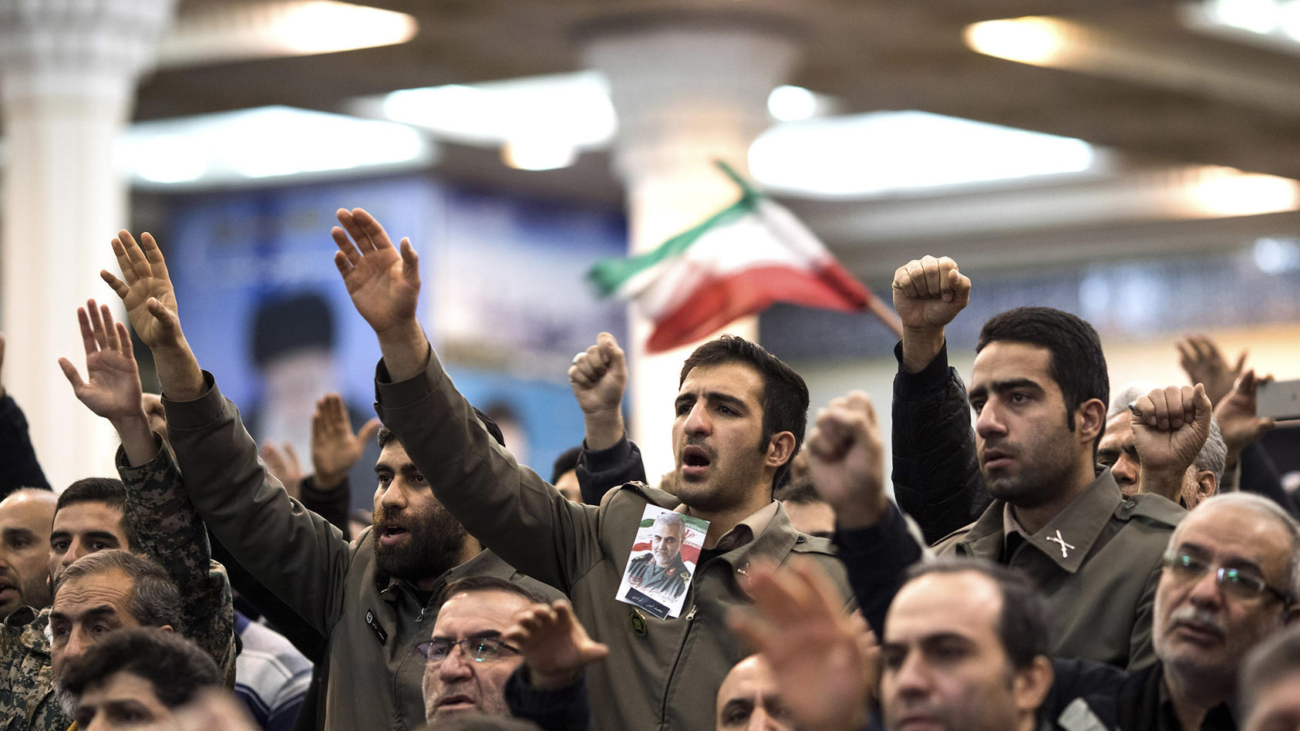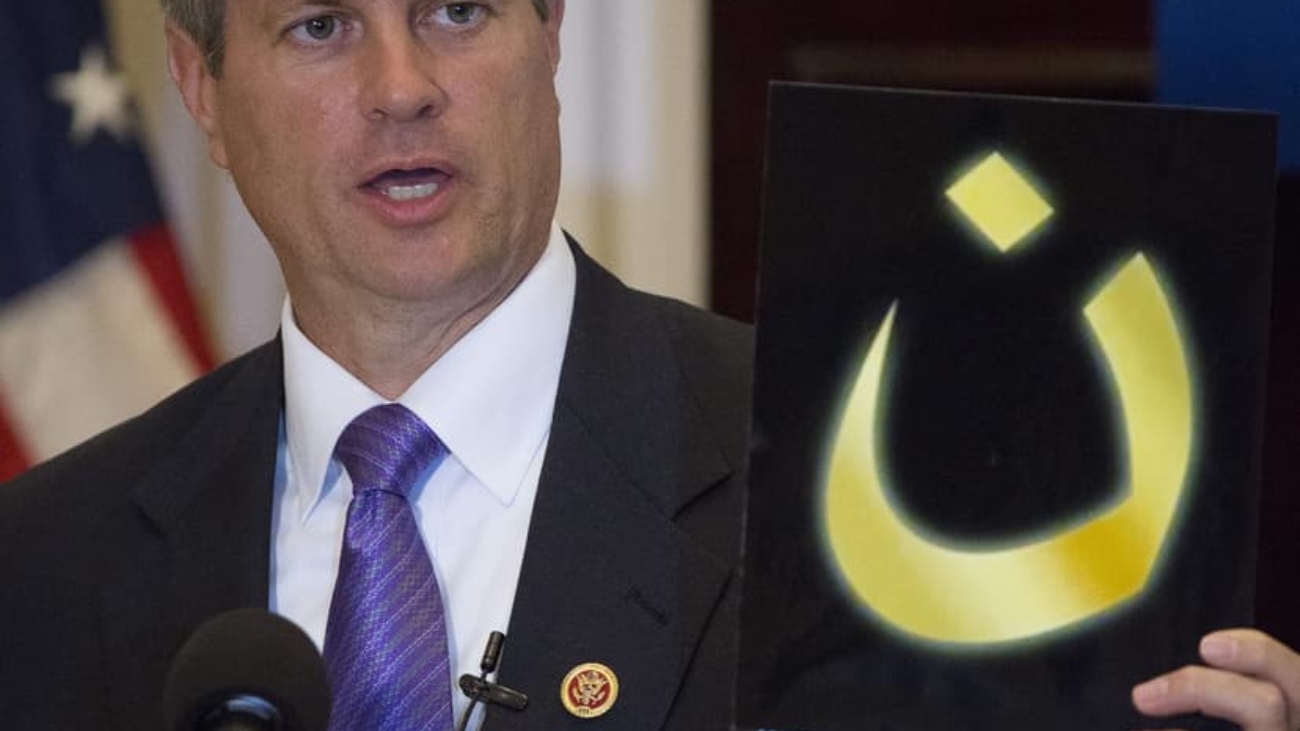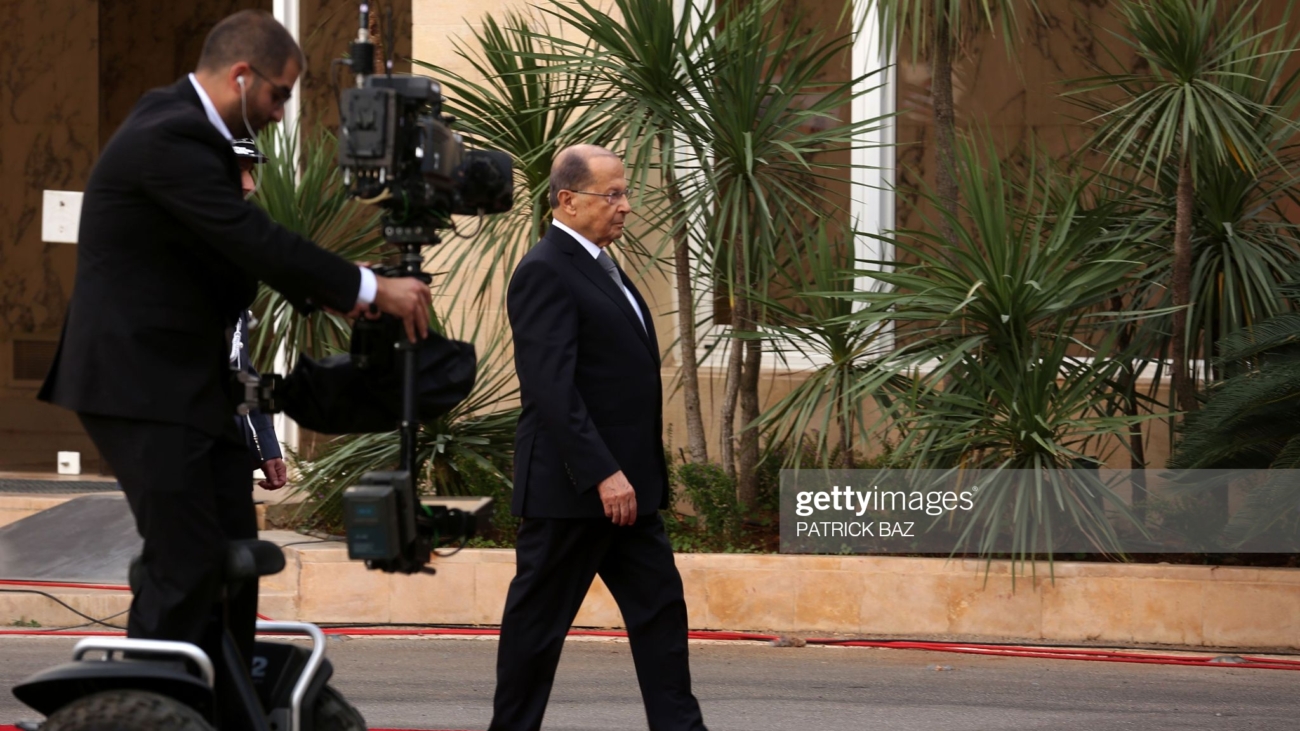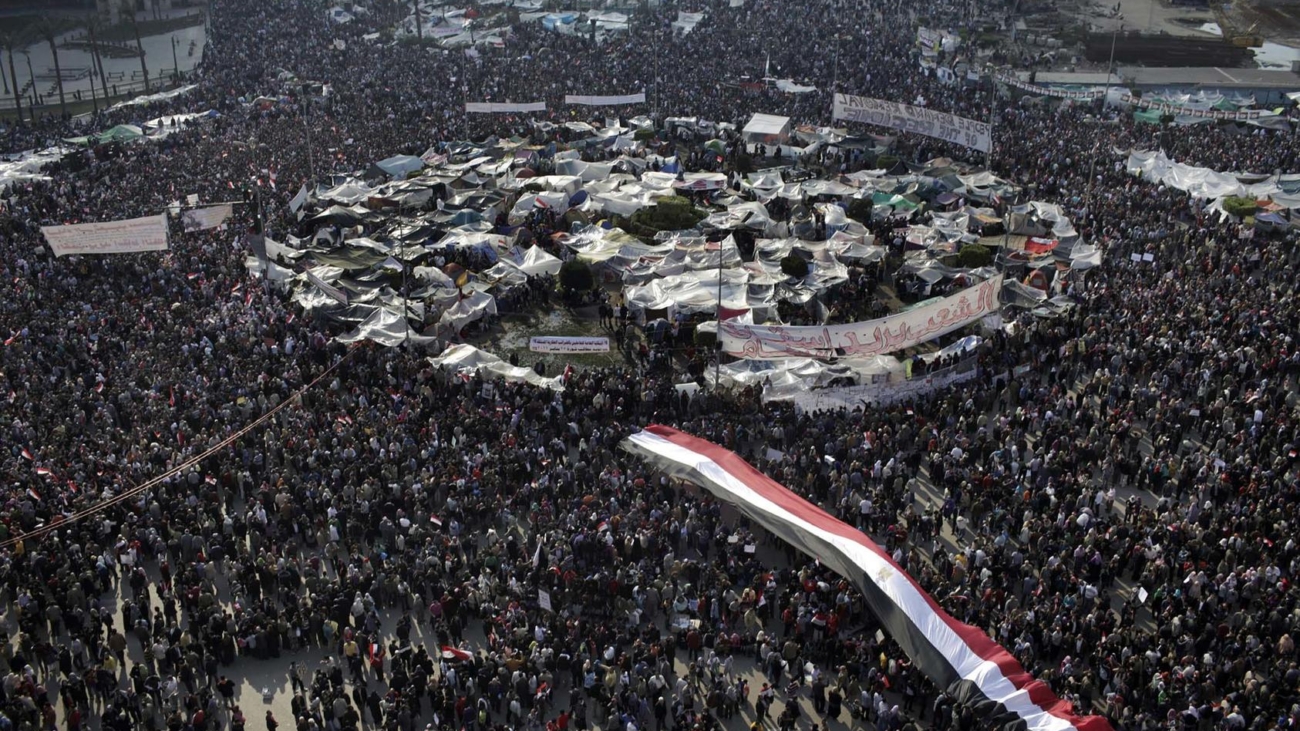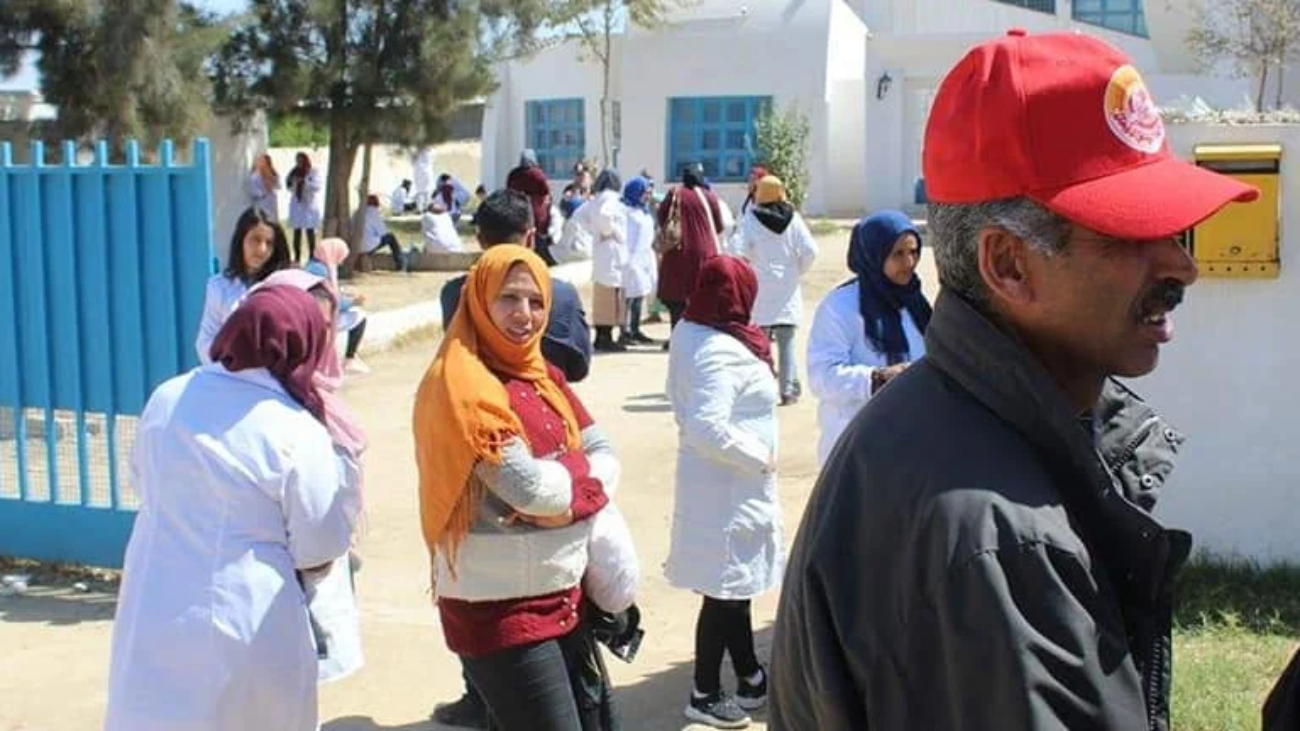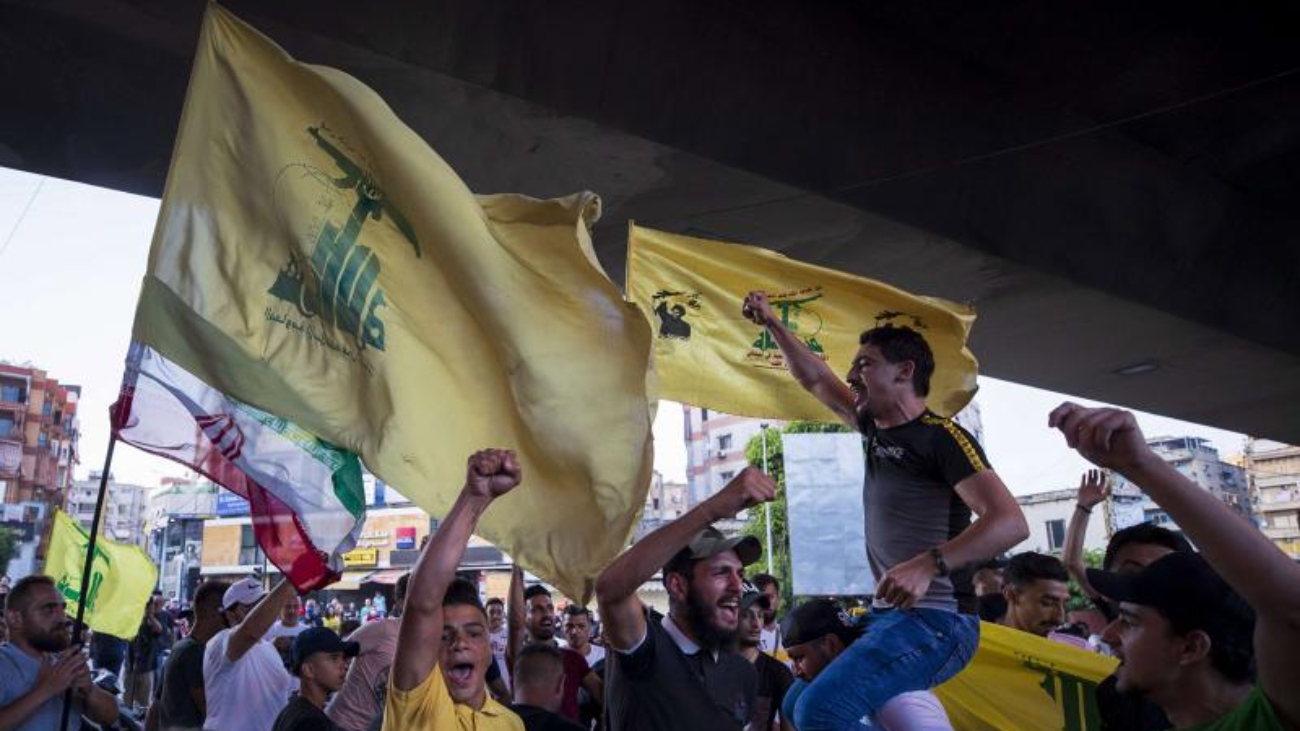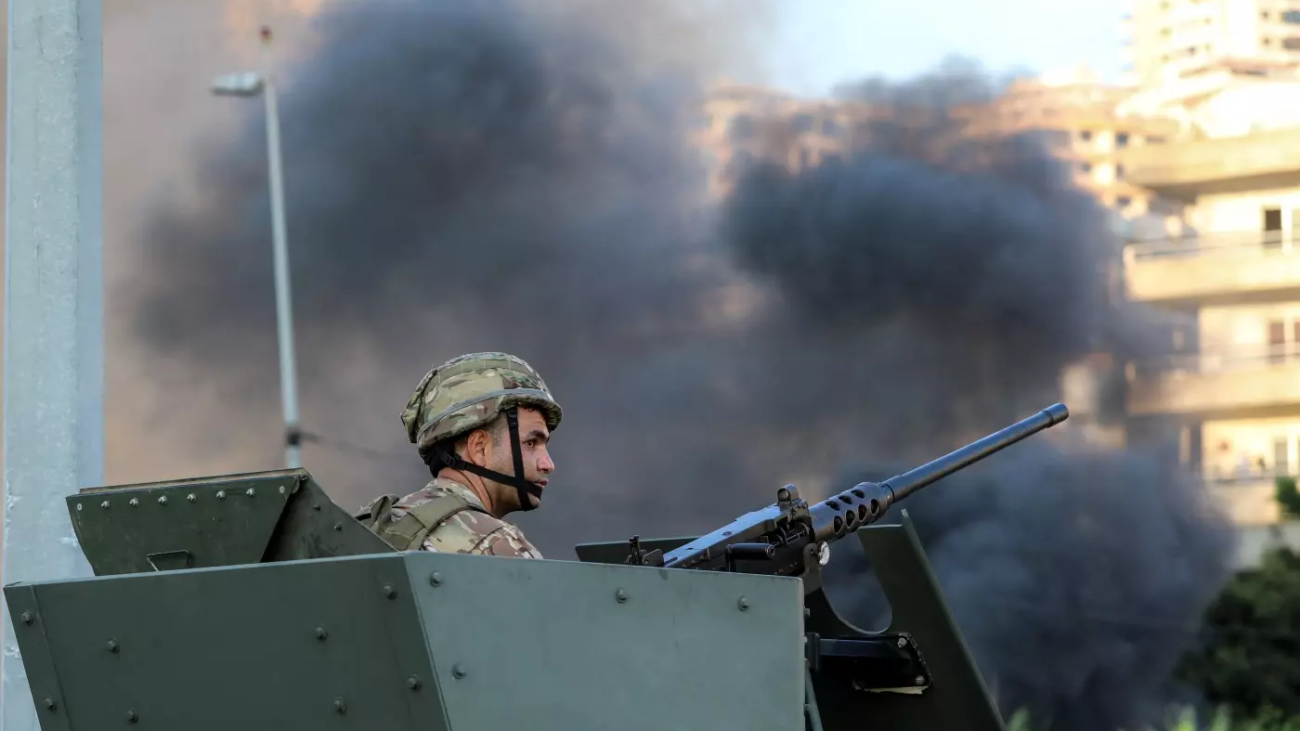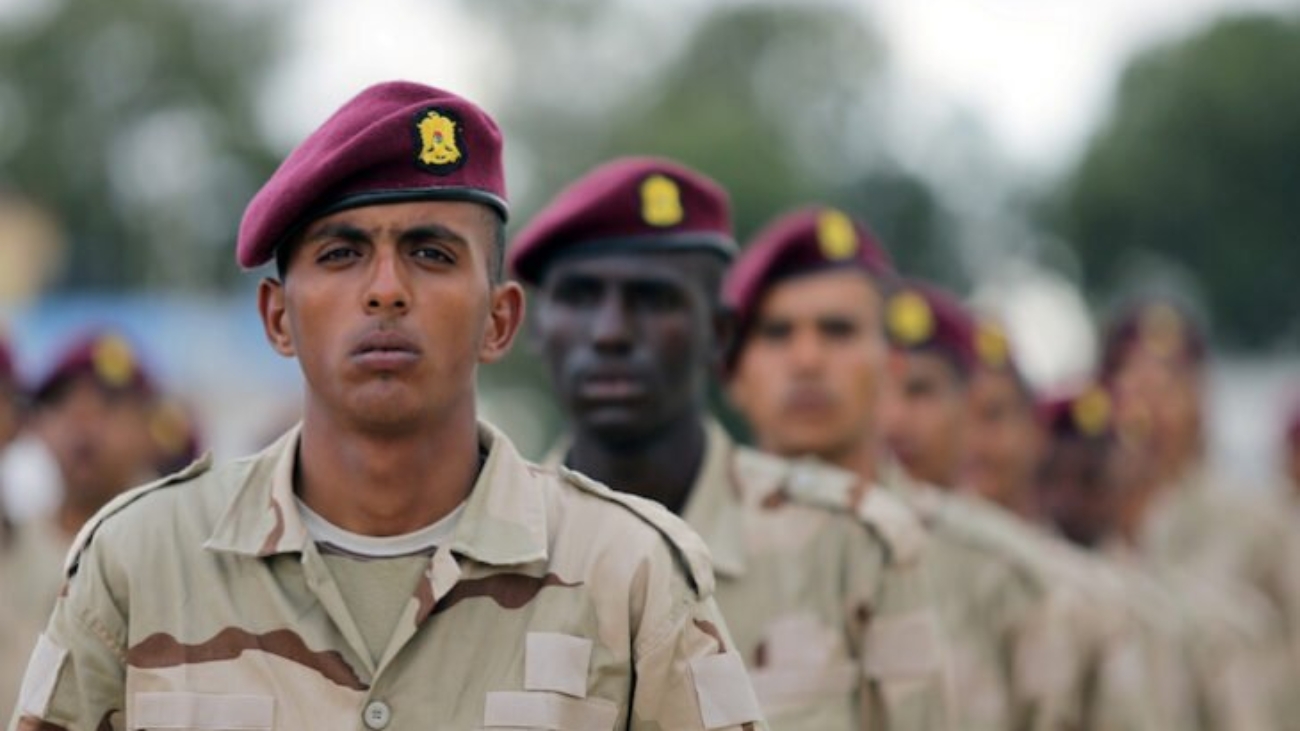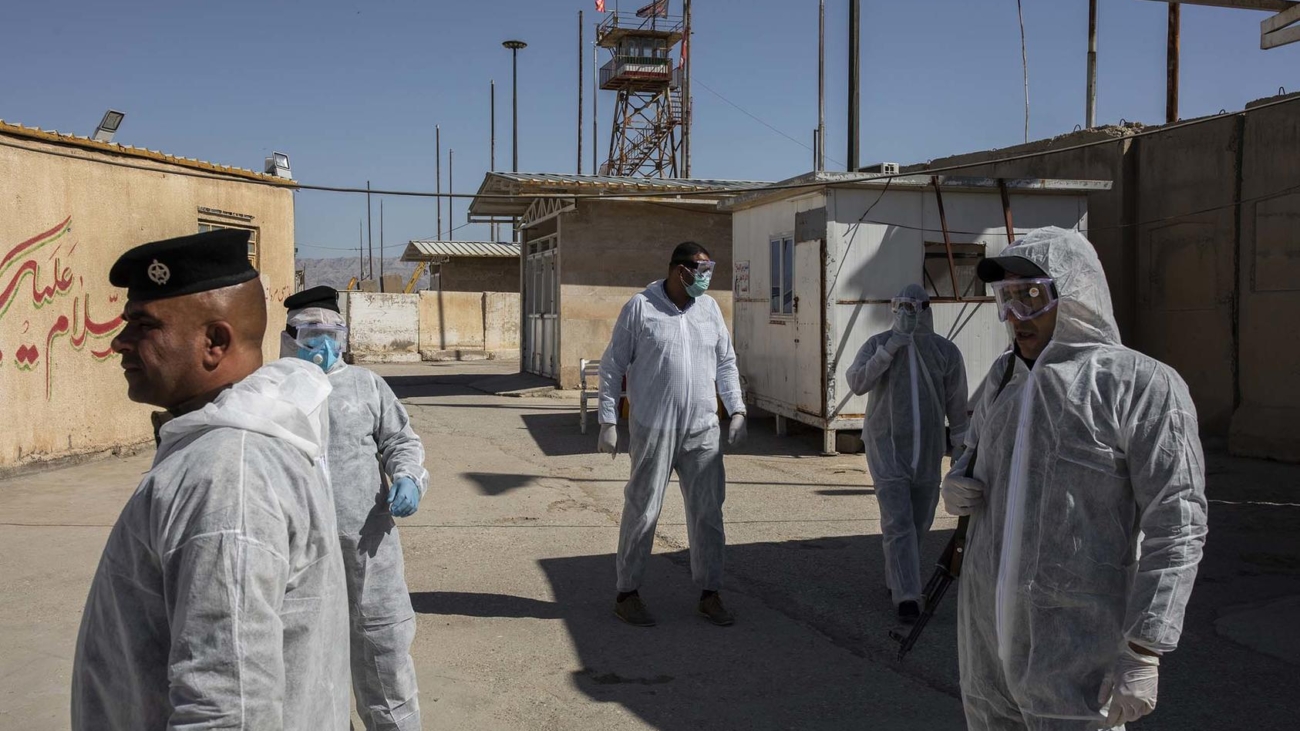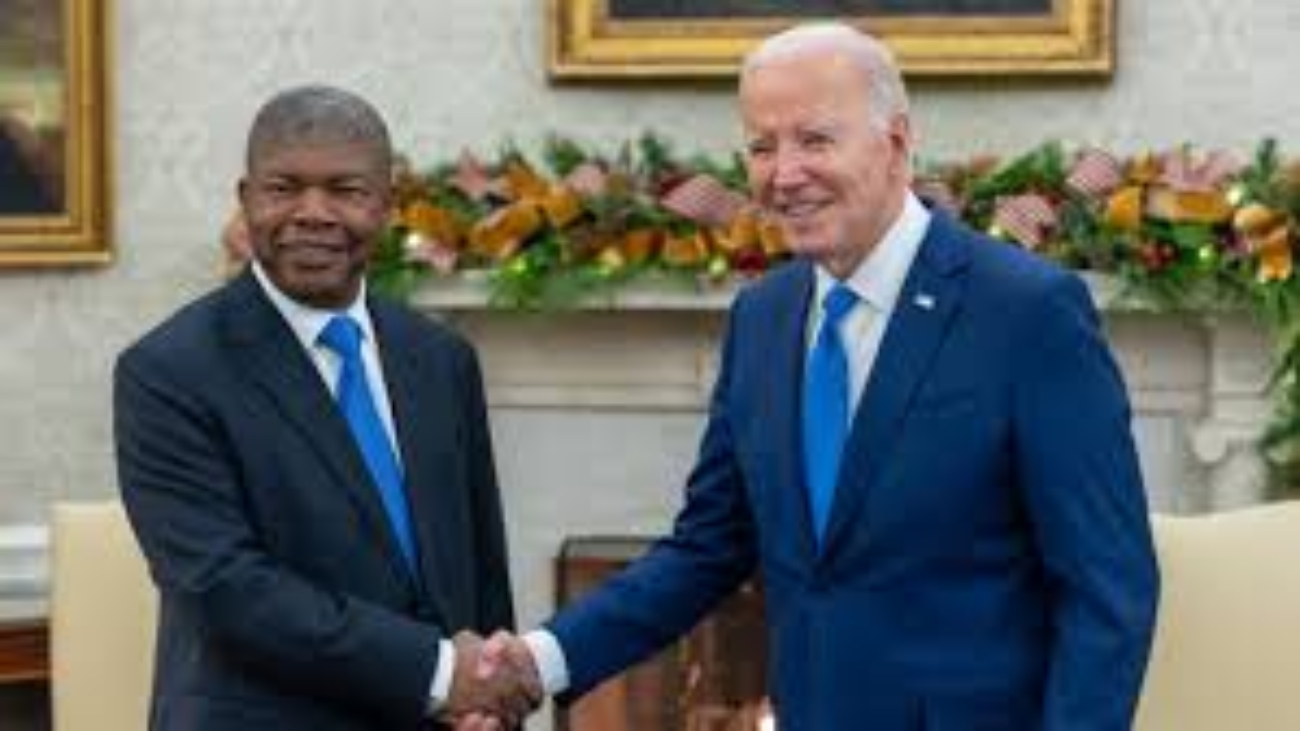Following a tumultuous year for Iraq, the country continues to struggle to balance its relations with Washington and Tehran.
This piece was originally published on the USIP website https://www.usip.org/
The January 3, 2020 U.S. drone strike that killed powerful Iranian commander Qassem Soleimani on Iraqi soil marked an escalation in already simmering U.S.-Iran tensions. For Iraqi leaders, the Soleimani strike exacerbated an already challenging balancing act in maintaining Baghdad’s relationships with the United States and Iran, with whom it shares a long border and religious and social ties. During the past tumultuous year for Iraq, U.S. forces and Iranian-allied armed groups engaged in tit-for-tat attacks in Iraq. USIP’s Elie Abouaoun and Sarhang Hamasaeed look at how U.S.-Iran tensions played out last year in Iraq and the region and if the incoming U.S. administration, and its desire to reengage in nuclear talks with Iran, could help allay the impact on Iraq.
How have U.S.-Iran tensions impacted Iraq over the last year?
Abouaoun: Iraq has been rocked by U.S.-Iran tensions for a while now, well before the killing of Soleimani and Abu Mahdi al-Muhandis, deputy head of the Iranian-supported Popular Mobilization Forces (PMF) who was killed with the Iranian commander last January. Iran invested a lot of resources and political capital to replicate a quasi-Lebanese model in Iraq: a hollow state with para-state actors under Tehran’s direct control. In the last year, the U.S. “maximum pressure” campaign on Iran opened space for Iraqi political figures who are not under Iran’s influence to hold more sway. Most notably, Prime Minister Mustafa al-Kadhimi’s ability to form a government would not have been possible without Iran being amenable. Similarly, Kadhimi’s political courage to push for some decisions—better control of border crossings and closing some space on the PMF—was also an outcome of the maximum pressure campaign.
Iran knew that a direct confrontation with the United States could help President Trump win the presidential election and would strengthen the theory—in Washington—that U.S. forces should remain in Iraq. So, Iran opted for a risk-averse approach by trying to preserve some of their strategic assets (e.g., preventing too much damage to the PMF and their ability to operate freely in Iraq).
What about the broader region?
Abouaoun: Iran’s relations with most of the region’s heavyweights remain problematic. Despite Iran’s rapprochement with Qatar after the 2017 Gulf Cooperation Council crisis, Doha opted for a cautious approach given the growing popular resentment in the region over Iran’s behavior. The Turkish-Iranian love-hate relationship keeps fluctuating though remains short of a total confrontation. The state of affairs with Egypt does not look much better either. Certainly U.S.-Iran tensions did not help any of these relationships evolve toward something more collaborative. However, it is Iran’s persistence in expanding its regional presence by instrumentalizing political, security, economic, and cultural figures—essentially vassalizing various Middle Eastern countries—that is sustaining the fears and grievances against Tehran.
Lebanon and Syria are additional examples of Iran’s aggressive posture. In both countries, strategic decision making is controlled, to a large extent, by Iran. Unlike in Syria where the U.S.-Iran tension did not change much in the big picture, Lebanon’s economic and financial crisis was exacerbated by sanctions on both Iran and Syria. Hezbollah, Iran’s main proxy in Lebanon, had to take a lower profile as part of Tehran’s strategy to bend to U.S. sanctions rather than confront them. Therefore, the space in Lebanon’s domestic politics for parties and figures who are not affiliated with Iran grew significantly. This additional space was also beneficial to the October 2019 protest movement, sparing it from a strong and direct retaliation by Hezbollah.
How do Iranian-allied armed groups in Iraq factor into this picture?
Hamasaeed: Iranian-allied armed groups remain strong, adversarial toward the United States, challenging to the Kadhimi government, and continue to undermine the Iraqi state. More groups have formed, which have not come under the formal structure of the PMF, and along with existing ones expanded attacks on Iraqi protesters and civic activists, media outlets, political party offices, and U.S. interests (e.g., the U.S. embassy and U.S. military supply convoys) and others. For the most part, these actions have gone on with impunity because the of the combination of political, armed, economic, social, and media power that these groups enjoy.
However, these groups are being challenged unlike in previous times. Kadhimi’s government has taken some limited actions—arrests after rocket attacks and military operations in search of kidnappers of civic activists—but backed off after things heated up politically and, in some cases, led to risks of violence. The United States has also responded by designating some of these groups as terrorists or sanctioning them and with limited armed attacks against the PMF. At the public level—where these groups have built a constituency and credit in the fight against ISIS—their reputation has been tainted because many Iraqis hold them responsible for violence against peaceful protesters, do not approve of their dragging Iraq into confrontation with the United States, and see them as part of a corrupt system. Some in the PMF tried to use the coronavirus as another way to show its value as the protector against another existential threat, but that did not take hold the same way the fight against ISIS did.
The absence of Soleimani and Muhandis has shown its effects on Iran-backed groups. Soleimani’s replacement, Ismail Qaani, is less able to manage internal rivalries, which could increase in the lead up to and after the upcoming elections in Iran slated for June 6. Tensions with the United States and the PMF’s own internal competition could lead to violence and destabilize Iraq further. Armed confrontation between the state and some of the armed groups— something Kadhimi and his two predecessors avoided—is possible and there are those who think it is unavoidable, if not necessary.
The Biden administration intends to pursue renewed nuclear negotiations with Iran. Could this help reduce tensions vis-à-vis Iraq?
Hamasaeed: Under the right circumstances, it is possible for the U.S. and Iran to lower tensions in Iraq, although this may seem unrealistic or premature to many—and not without reason. Resuming nuclear negotiations does not mean an agreement will be reached. The previous negotiations focused on just one aspect of Iran’s agenda in the region: its nuclear program and associated security risks. Two other issues remained. First, Iran’s missiles and rockets, which it used to retaliate against the United States after the killing of Soleimani and its allies are using in Iraq, Syria, Lebanon, and Yemen. Second, strategic transformation of communities and societies, where Iran has and continues to build diverse capabilities through political parties, armed groups, private-sector companies, community relations, and more. For example, Iran had enough leverage to pass a resolution in the Iraqi parliament last January to get U.S. and other foreign troops out (although it was unbinding, Iran’s allies have been using this as a key pressure point on Kadhimi and the United States); it can block the appointment of any Iraqi prime minister it wants; and has reliable land access to Syria without the need to deploy Iranians to secure the land corridor it has been seeking to build through Iraq to the Mediterranean.
Iran, and especially Soleimani, were pressing the accelerator and making significant inroads on these latter two issues while the nuclear deal was being negotiated. Iran was keen to keep the nuclear talks separate from these issues while the United States was hoping progress in talks could open the door to progress on the other regional issues with Iran. That did not occur.
While a lot has changed since the nuclear deal and the dynamics are more complicated now, some of developments may open the door for a different outcome. The U.S. maximum pressure campaign and COVID-associated drop in oil prices have hit Iran, its proxies, and countries like Iraq hard in economic terms. While it is debatable how much influence Soleimani had inside Iran, it was clear that his personal leverage (charisma, talent, experience, opportunities, and actions) made a difference in what Iran could do in Iraq and elsewhere.
So, Iran may be more open to a broader agenda of negotiations, although many doubt that. The United States has more leverage through the effects of the existing sanctions, the economic pain that Iran and its partners are in, and because Iran does not have the benefit of experienced hands in Soleimani and Muhandis. The voice of the Iraqi government, if it can maintain the current approach adopted by Kadhimi to strengthen Iraq’s sovereignty and state capacity, will be important to somehow bring into negotiations about Iran’s regional behavior. The scope of the negotiations is also critical: Can the talks lead to slowing Iran’s progress on the key issues noted above, stop it altogether, or reverse it?

